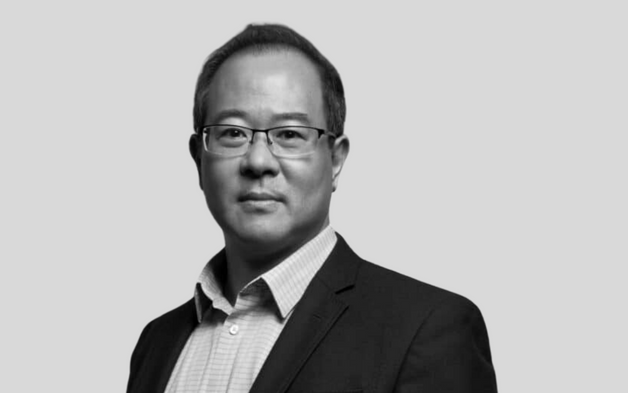Muslim consumers comprise a young and enormous population, and there is a growing opportunity for startups that cater to their needs, argues one of Asia’s most impressive venture capitalists, Thomas Tsao.
Tsao, one of Asia’s most well-known venture capitalists, has been increasingly involved with “TaqwaTech” startups, which build products to serve muslim consumers. He co-founded Gobi partners in 2002–a regional platform that supports entrepreneurs from early stage to growth stage–with 13 offices and locations around Asia.
Tsao has invested in nearly 350 companies in Asia including Aerodyne, Airwallex, Animoca, AutoX, Carsome, GoGoX, Kumu, Prenetics, Sandbox VR, Sastaticket.pk and WeLab.
Speaking at Conexus Financial’s Fiduciary Investment Symposium in Singapore, Tsao said Gobi in its early days had a significant focus on the innovation going on in China along with its massive market.
“It’s a huge opportunity, and look at it now, but what’s a bigger opportunity than that?” he said. “It’s focusing on Muslim consumers, and it’s a $2 billion population opportunity. So that’s something we’re very, very excited about.”
Some of Gobi’s TaqwaTech investments include Durioo, which is “trying to become the Disney for Muslim children…creating animation around Muslim values for a younger audience,” Tsao said.
Ratings for Muslim-friendliness
Another, Tripfez, caters to Muslim travellers by providing a rating system for hotels based on Muslim-friendliness, he said, noting hotels in Muslim countries typically provide prayer mats and an arrow pointing in the direction of Mecca, among other Muslim needs. These are often not provided by hotels outside Muslim countries.
The pace of innovation is accelerating, Tsao said, with technological developments allowing emerging markets to learn from each other and the paths of other nations and build tech ecosystems much more quickly than their forbears in Silicon Valley or even China.
Another of Gobi’s investments is Carsome, a South-East Asian e-commerce platform for buying and selling cars. While some high-end cars can be bought online, the majority of brands are sold through auto dealerships, which Carsome wants to disrupt, Tsao said.
“If you talk about it from an ESG standpoint, a car manufacturer should never build a car until it actually has an order,” Tsao said. “But in order to do that, you need perfect information and you need a lot of traffic and we see that as a real breakthrough that’s going to come in and will then also tie into the next big phase of mobility, which will be autonomous driving.”
In the future, consumers will be able to buy an electric vehicle with autonomous facilities, and rent that car to an autonomous network during the times it isn’t being used, so it can pick up passengers from Grab or Uber and generate money for the owner, he said.
Early-stage VC not affected as much
While large tech platforms have seen massive corrections in the past year, Tsao said the early stage universe – where venture capitalists write cheques for $500,000 up to around $25 million – has not been affected as much.
He said “one of the most interesting investment opportunities in China today” is in China’s Greater Bay Area, a megalopolis that will combine Hong Kong, Guangdong and Macao into a super-economic zone of around 70 million people.
“I think this is going to be one of the most interesting opportunities and there’s a lot of tech sectors that people are going to be investing into,” Tsao said. “And again, for all of those who are doubling down on China, you should be looking at the Greater Bay Area.”



